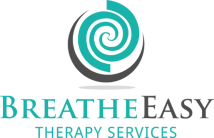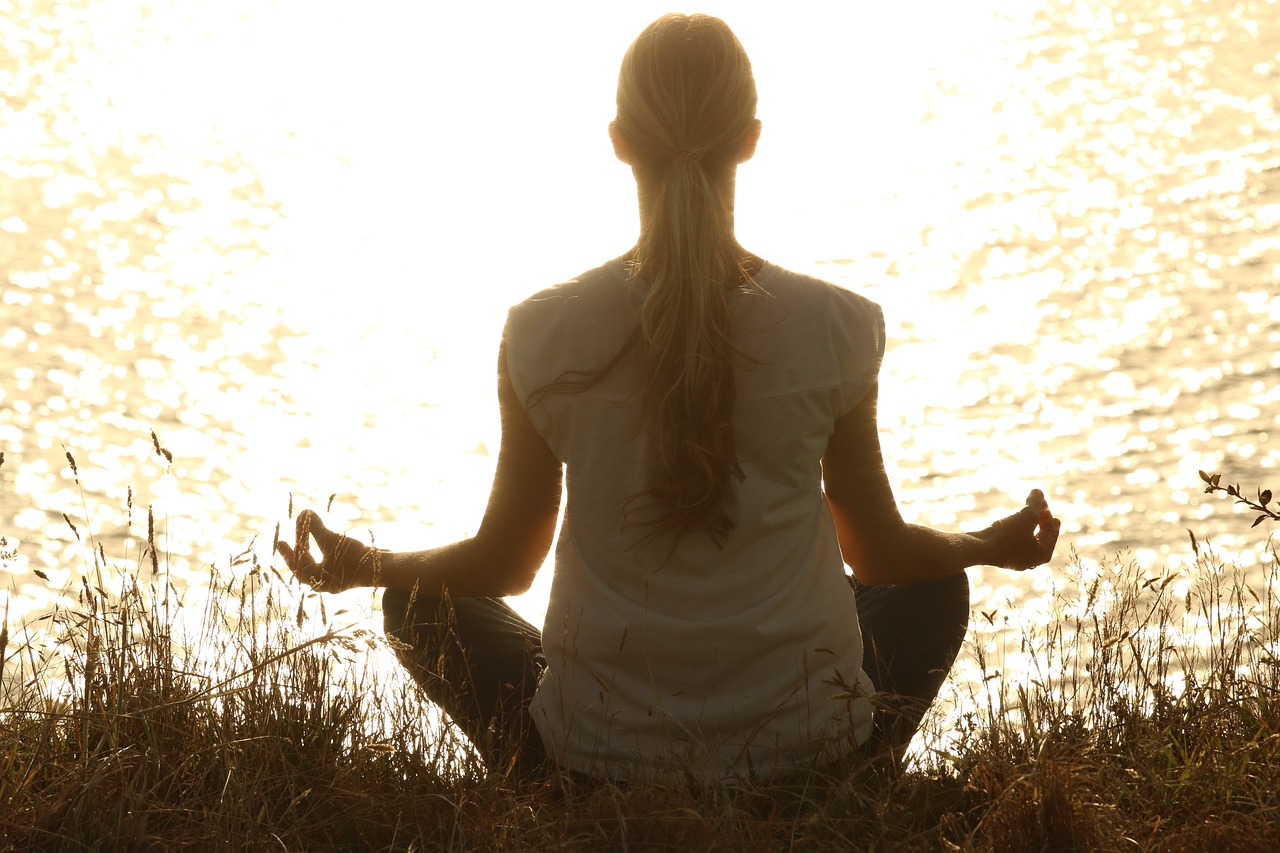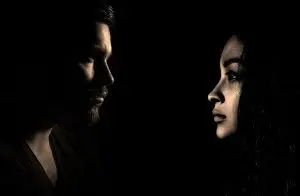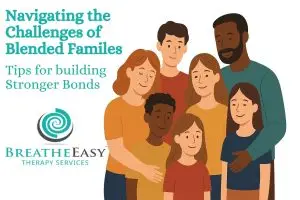Just Relax!
It’s a phrase that, for many of us, is much easier said than done.
Instead, we power through our stress, hoping to relax one day. Meanwhile, even the slightest upset can be the match that lights the powder keg of bottled-up emotion when stressed. As we react, our heart rates and blood pressure soar, our sleep isn’t great, and we have difficulty finding enjoyment.
In a society where being overbooked, overextended, and overwhelmed is the norm, we really need to relax for our mental health and to maintain our physical health.
For instance, researchers found that psychosocial stress affected the body, specifically blood pressure and pain response (Mayo Clinic, 2022). These effects result from the body’s response to stressors, including muscle tensing, increased respiration and heart rate, and digestive effects. We feel that familiar fight or flight response.
Learning how to relax the mind and body is a lifelong skill that can improve coping skills when faced with daily stressors.
Other benefits of relaxation techniques for stress reduction include calming stress hormones, increasing focus, mood, and sleep quality, boosting confidence, reducing anger and frustration, and reducing fatigue (Mayo Clinic, 2022).
The key is finding an approach that works for you. Various methods exist for processing the day’s stress to prepare us to face the next challenge healthily.
For tech-savvy stress reducers, virtual reality experiences can initiate relaxation.
Researchers Riches et al. (2021) combed through studies examining virtual reality relaxation’s effects. They found that, overall, research points to the positive effects of immersing oneself in a peaceful and calm VR environment (Riches et al., 2021).
Guided imagery provided through mediation can give us a new perspective and confidence to face our stressors. In this approach, we can imagine ourselves calmly and coolly weathering a previously debilitating stress response by picturing a happy place and engaging our senses (Mayo Clinic, 2022).
Progressive relaxation is another technique that can bring awareness to the body’s tension. Using this method, tense muscles for five seconds and release muscles for 30 seconds, starting with your toes and working up to the head. The Mayo Clinic (2022) suggests trying this approach in an area free of distractions.
Breathing exercises can also reduce stress, as evidenced by the age-old pressure-soothing adage of take a deep breath and calm down. Deep breathing exercises often entail drawing attention to breath and introducing calm regularity to the act.
Researchers Toussaint et al. (2021) examined the effectiveness of several relaxation techniques, including breathing exercises. They drew from a pool of 60 college undergraduates randomly assigned to groups, each practicing a different relaxation technique –deep breathing, imagery, or progressive muscle relaxation. Overall, they found that stress responses lessened with the addition of these coping strategies.
To benefit most from these types of relaxation techniques, the Mayo Clinic (2022) also suggests positive thinking, time management, healthy eating, regular exercise and sleep, and spending time with nature.
For more information on breathing and relaxation techniques, contact Breathe Easy Therapy Services. Our therapists can offer guidance on various strategies that can reduce stress.
References
Mayo Clinic. (2022) Stress Management. https://www.mayoclinic.org/healthy-lifestyle/stress-management/in-depth/relaxation-technique/art-20045368
Riches, S., Azevedo, L., Bird, L., et al. (2021) Virtual reality relaxation for the general population: a systematic review. Soc Psychiatry Psychiatr Epidemiol (56) 1707–1727. https://doi.org/10.1007/s00127-021-02110-z
Toussaint, Loren, Nguyen, Quang Anh, Roettger, Claire, Dixon, Kiara, Offenbächer, Martin, Kohls, Niko, Hirsch, Jameson and Sirois, Fuschia. (2021) Effectiveness of Progressive Muscle Relaxation, Deep Breathing, and Guided Imagery in Promoting Psychological and Physiological States of Relaxation Evidence-Based Complementary and Alternative Medicine. (2021) https://doi.org/10.1155/2021/5924040





